Anywhere But Home: Asma Rassem
February 19, 2016
Sage Stevens
Asma Rassem (12) is from the port city of Al Hudyah, Yemen. She graduated last year, but is now a self-titled “Super Senior,” as a result of her program not allowing her to return home to Yemen. Unlike most exchange students, she has no idea when she might return home, and when she does whether it will still be there. Instead of returning to Al Hudyah, she was withheld in Washington D.C.
Asma participated in the Youth Exchange and Study program, sponsored by the state department, with the purpose of bringing Muslim students into American high schools and vice versa in Middle Eastern countries. Since civil war has broken out in Yemen, the state department was able to extend her visa until July of 2016. Some Yemeni exchange students are applying for asylum, for fear of anti-western groups targeting them once they return home, but Asma is hoping to receive a visa in whatever way possible. The state department did their best to find the best solution, but the process of receiving a visa is a very long road. She is incredibly grateful for the community and environment Manitou has provided. She spent the summer with the other 30 Yemeni exchange students in Virginia at a leadership camp.
Of course, her biggest concern is for her family’s safety, but like most high schoolers, she is worried about getting into college. Along with applying for college in the United States, she’s applying out of the country. She’s not just looking into staying in the United States, because at this point, she is safer almost anywhere but home.
She distinctly remembers seeing all of the posts on Facebook late at night once the civil war started. It was an indescribable experience for her to watch her country unravel from across the globe.
Most American high schoolers are unaware of the Yemen Civil War. Even with a Yemeni student, Manitou Springs High School is among those. The Yemen Civil War started in the middle of March 2015. As with most wars, there was tension and conflicts prior to the civil war officially started. The war was officially declared after a conflict between supporters of Yemeni President Hadi and the insurgent group called the Houthis. Prior to this declaration, there had been protests concerning Hadi’s presidency ever since his election in 2012.
After the civil war was declared, Hadi fled to his hometown of Aden until he was exiled to Saudi Arabia. Unfortunately, this is used as a power struggle between Saudi Arabia and Iran. This is a result of Yemen’s strategic access to the Red Sea. Additionally, Saudi Arabia is the primary supporter of President Hadi, and Iran has been accused of backing the Houthis on multiple occasions. As a result of all of this chaos, Al Queda has been increasing its influence within Yemen. Unfortunately, this fact is what catches the attention of most of the world, despite the human rights issues that have multiplied since March.
The Houthis are Shia tribesmen from northern Yemen. They are officially called Ansar Allah, which translates to “supporters of God”. They established their power in northern Yemen, and gradually gained more and more territory before taking the capital, Sana’a. The Houthis were once the political outliers, but wow they are one of the most influential. They caused the upheaval of Yemeni government.
Saudi Arabia sees President Hadi as a way to influence the politics and economics of Yemen. Yemeni troops are not significantly involved with the air strikes and attacks against the Houthis. The air strikes have been primarily Saudi, but a significant number have been Iranian led. Iran is one of the largest backers of the Houthis.
There have been Saudi led air strikes since March, and over 6,000 civilians have been killed as a result. A significant portion of these air strikes have targeted civilian areas, including workplaces, hospitals, and homes. As a result, over 2.5 million people have been displaced internally, and over 170 thousand people have become refugees in neighboring countries. Because a majority of the incidents occur in cities due to carpet bombing, homes are destroyed, and many cannot get a designated shelter prior to the bombings. As a result, there is an increased number of refugee camps. Recently, Saudi Arabia has bombed a refugee camp.
Before the civil war, Yemen was host to over 200,000 refugees, in which a significant number were from Somalia. As a result of the civil war, Yemen is no longer an option as a place of refuge, therefore redirecting Somalian refugees into countries who are already under the burden of a large flow of refugees.
Yemen is the poorest country in the Middle East, and conditions were already reduced prior to the war. Prior to the Civil War, the child (under 5) mortality rate is 51 deaths (per 1,000 live births), compared to the 7 in the United States. 40% of of the population is in poverty, and 66% of the population is literate. Per 1,000 people, there are 0.2 physicians.
The civil war has elevated the human rights issues occurring in Yemen. Prior to the civil war, over 25% of Yemen’s population needed some sort of aid. Since the war broke out, over 70% now require aid. Food insecurity was a prevalent issue before the civil war, and currently over 400,000 people are food insecure within Yemen. To fulfill the definition of food insecurity is the sate of having unreliable access to food and nutrition. United Nations has observed Saudi airstrikes on food convoys, resulting in a reluctance to provide aid to Yemen.
Fortunately, Asma has spent the past two years here at Manitou, but her family, like the rest of the Yemeni population, is not so fortunate. To donate and learn more, click here: http://www.care.org/emergencies/yemen-humanitarian-crisis.



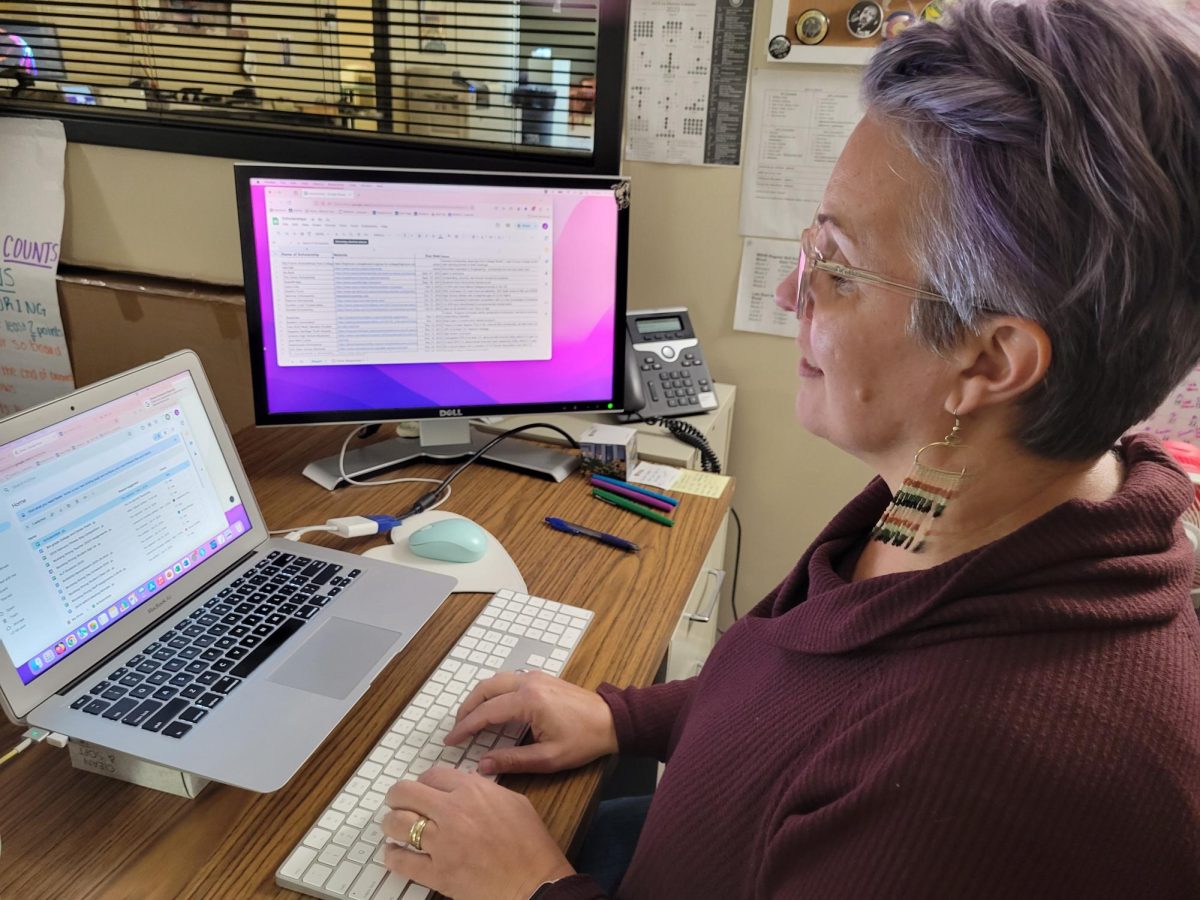
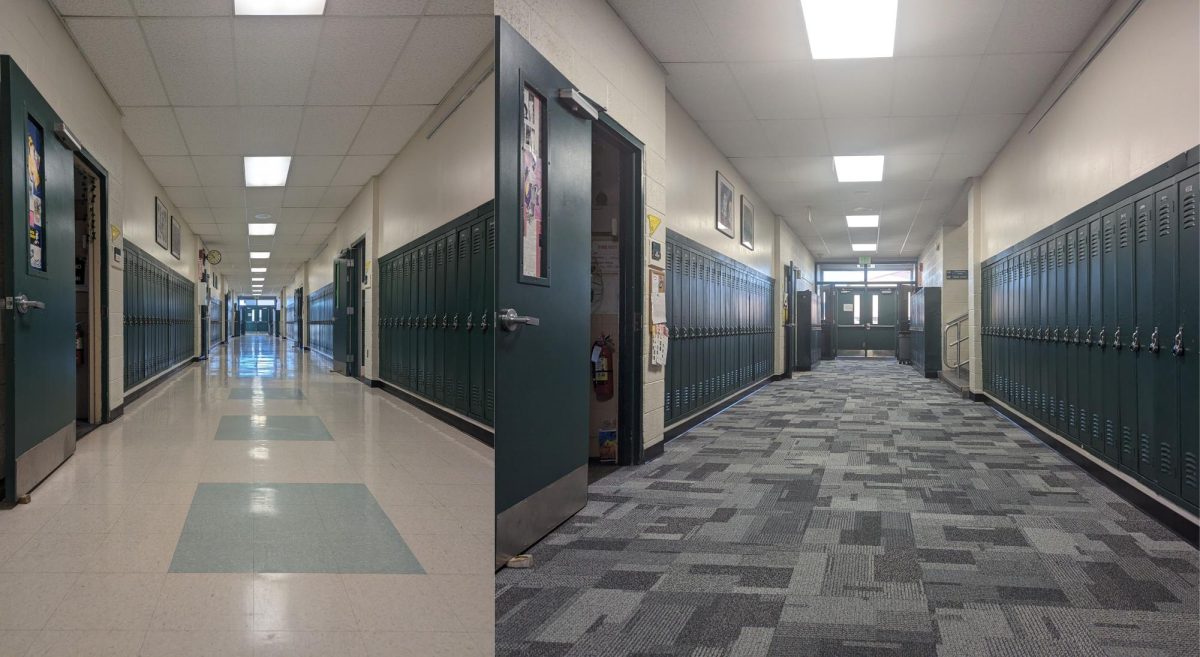





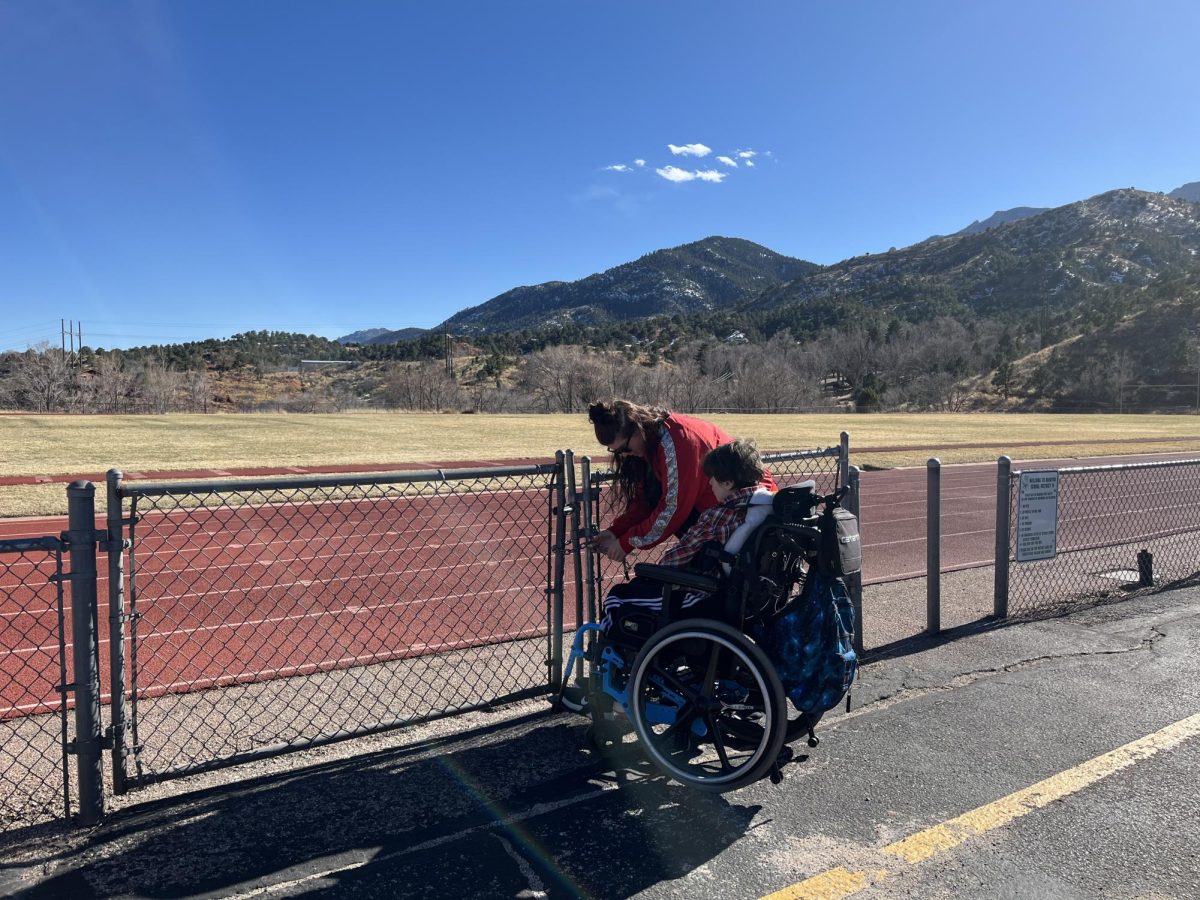
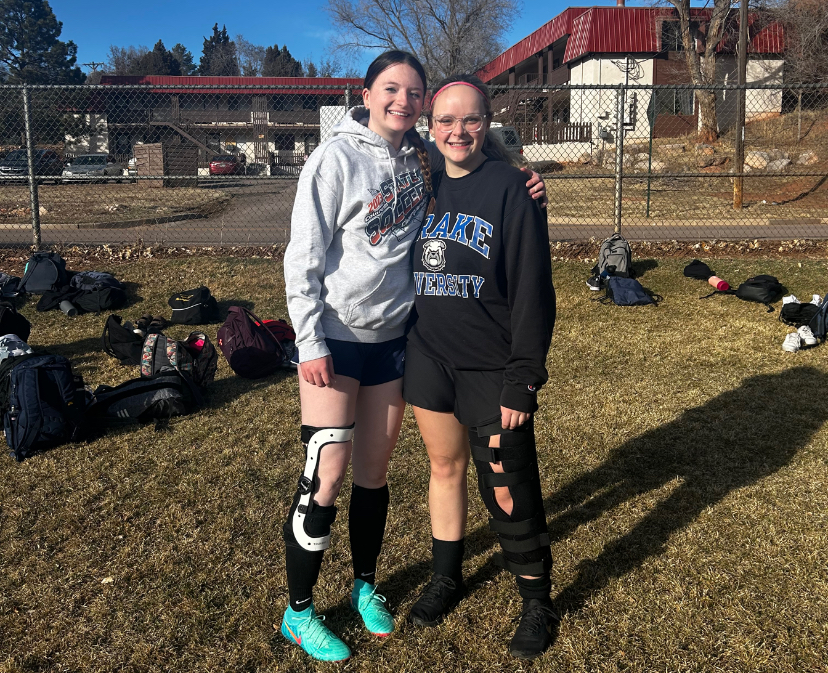





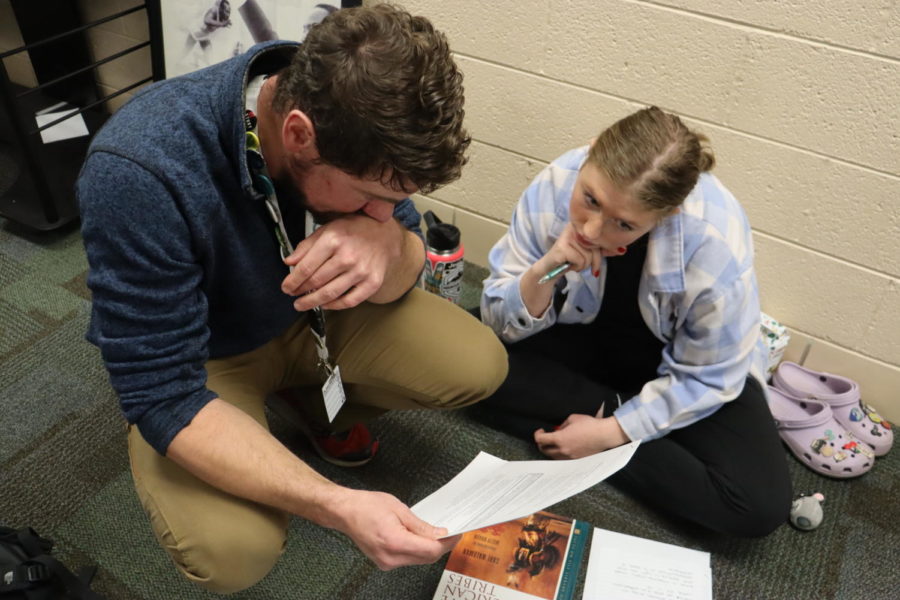



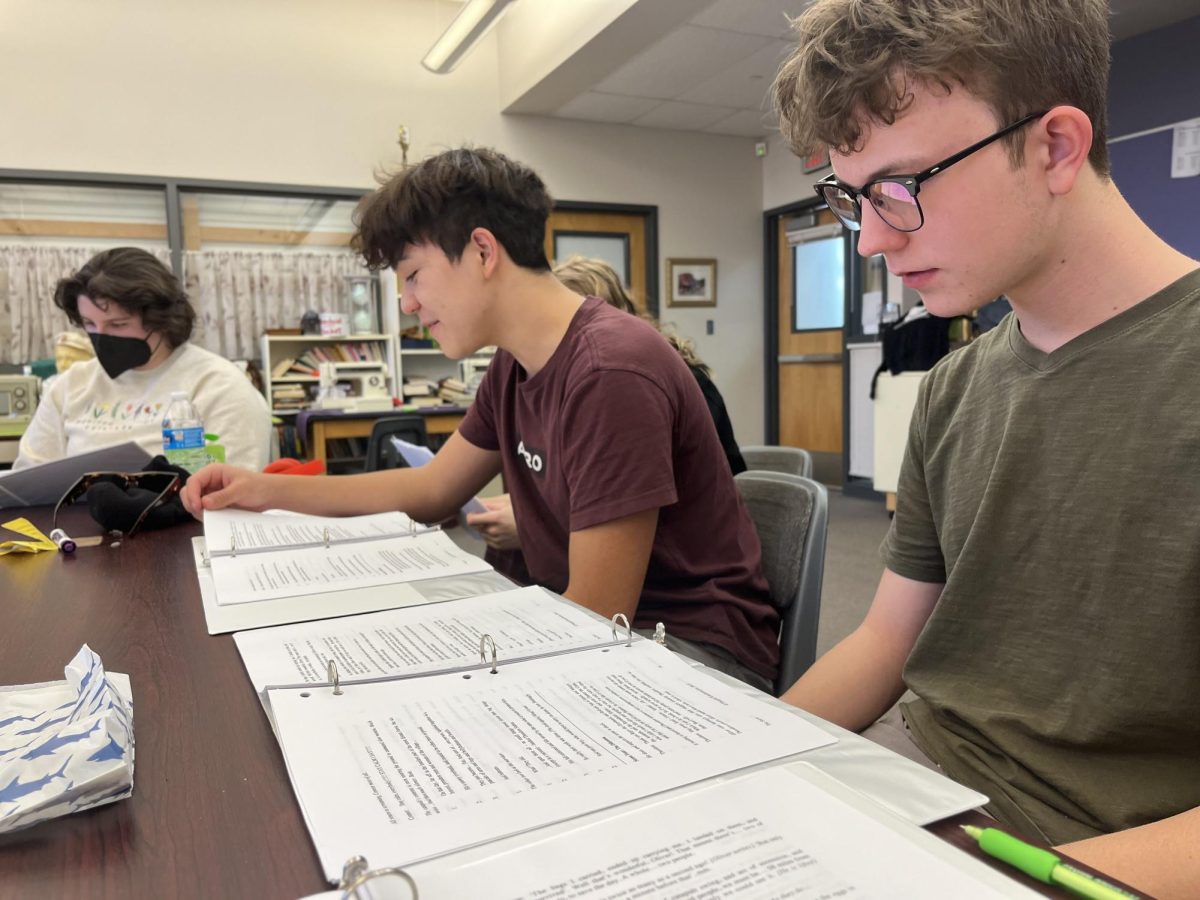















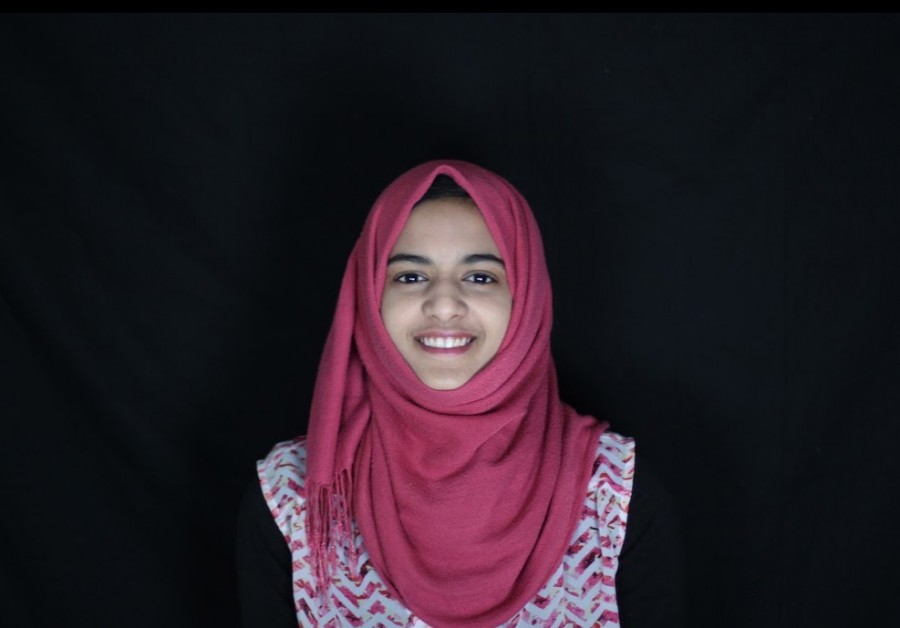









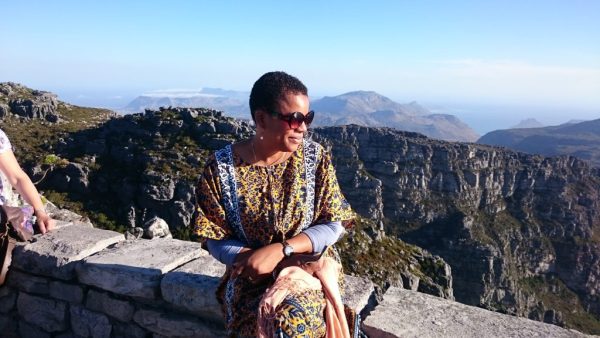
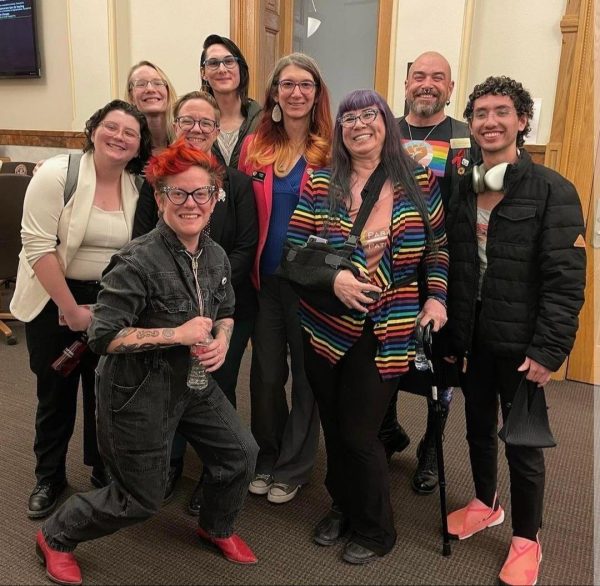



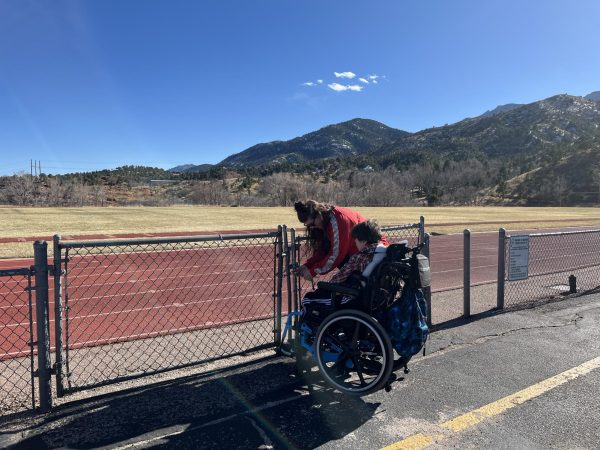


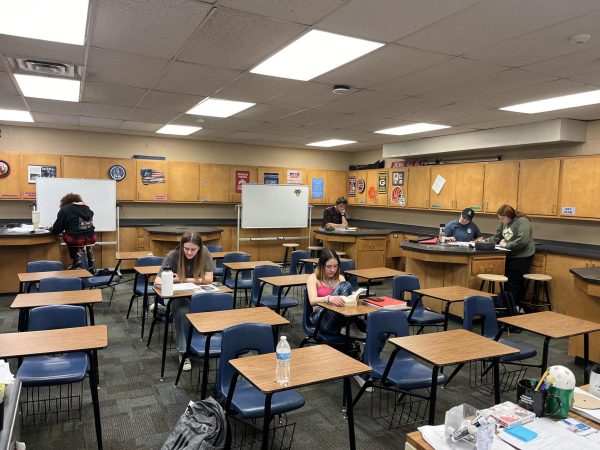


Elise Anderson (Jonathan Harmor's Mom- former Prospector writer) • Feb 22, 2016 at 5:59 pm
I really appreciate this article! Asma’s is one brave girl! I’m glad Manitou has an opportunity to help a Muslim. we need to show love and caring where are country has been showing so much hatred lately it makes me ashamed. I do not want “our kids” in Manitou to have a bad attitude towards Muslims, but to realize that other people from other lands might have different traditions and viewpoints- but there are still, I am sure, like us in our shared human need for love. understanding and compassion. Thanks.